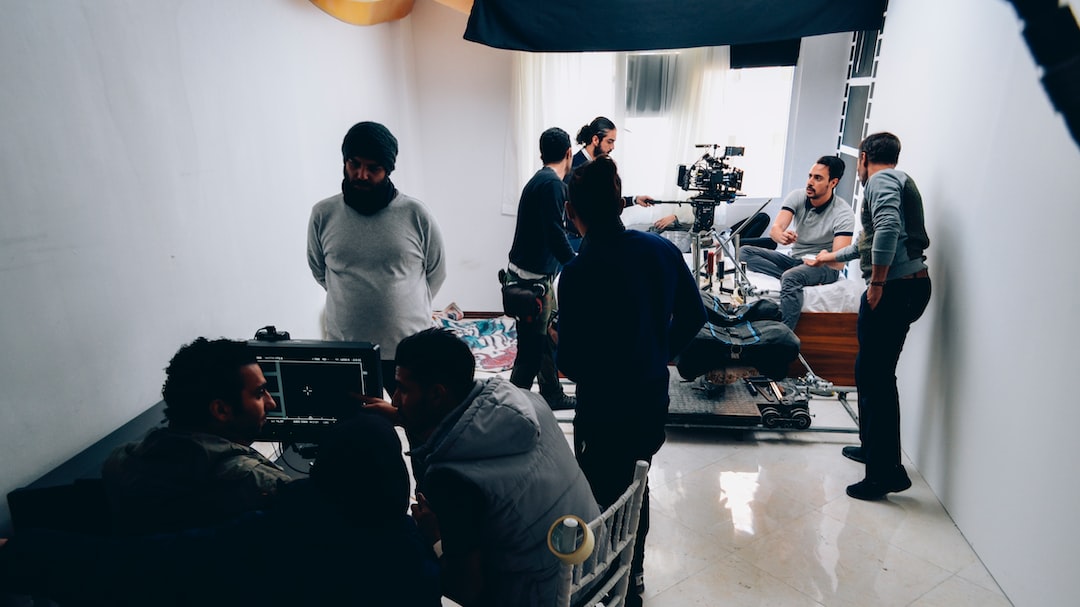Podcasting 101: Everything You Need to Know to Start Your Own Podcast
Podcasts have quickly become one of the most popular forms of content consumption in recent years. With their growing popularity, many individuals and businesses are looking to start their own podcasts. If you have been considering starting your own podcast but don’t know where to begin, here is everything you need to know to get started.
Firstly, it’s important to understand what a podcast is. A podcast is a digital audio or video file that is available for streaming or downloading through the internet. Rather than being consumed live, like traditional radio or television shows, podcasts allow listeners to tune in at their own convenience. The content of podcasts ranges from storytelling and news to educational and entertaining discussions.
The first step in starting your own podcast is to determine your niche or topic. What are you passionate about? What do you want to talk about? Choosing a specific niche will help you attract and build an audience that is interested in your content. Once you have decided on your niche, it’s time to create a concept or format for your podcast. Will it be a solo show, an interview-style podcast, or a panel discussion? Knowing the format of your podcast will help you structure your episodes.
Next, you will need to gather the necessary equipment and software. While you don’t need fancy and expensive equipment to start a podcast, there are a few essential items. A good quality microphone is a must to ensure clear and professional-sounding audio. You will also need headphones, a computer or laptop, and audio editing software such as Audacity or GarageBand.
Once you have your equipment ready, it’s time to start recording. Find a quiet and controlled environment to record your episodes. Make sure to write a script or outline beforehand to stay organized and focused during recording. Don’t worry if you make mistakes or stumble over your words; you can always edit them out later during the post-production process.
After recording, it’s time for post-production. This is where you edit and enhance your recordings. Trim out any mistakes or awkward pauses, add background music or sound effects if desired, and normalize the audio levels to create a polished final product. There are plenty of tutorials and resources available online to guide you through the post-production process if you’re new to audio editing.
Finally, it’s time to publish your podcast. Choose a reliable podcast hosting platform such as Libsyn, Podbean, or Anchor, and upload your episodes. Make sure to create eye-catching cover art for your podcast and write engaging show notes for each episode. Promote your podcast on social media, create a website if necessary, and engage with your listeners to build a loyal and supportive community.
Starting your own podcast can be a rewarding and enjoyable experience. By following these simple steps and putting in the effort, you can share your knowledge, passion, and stories with the world. So grab your microphone, and happy podcasting!
